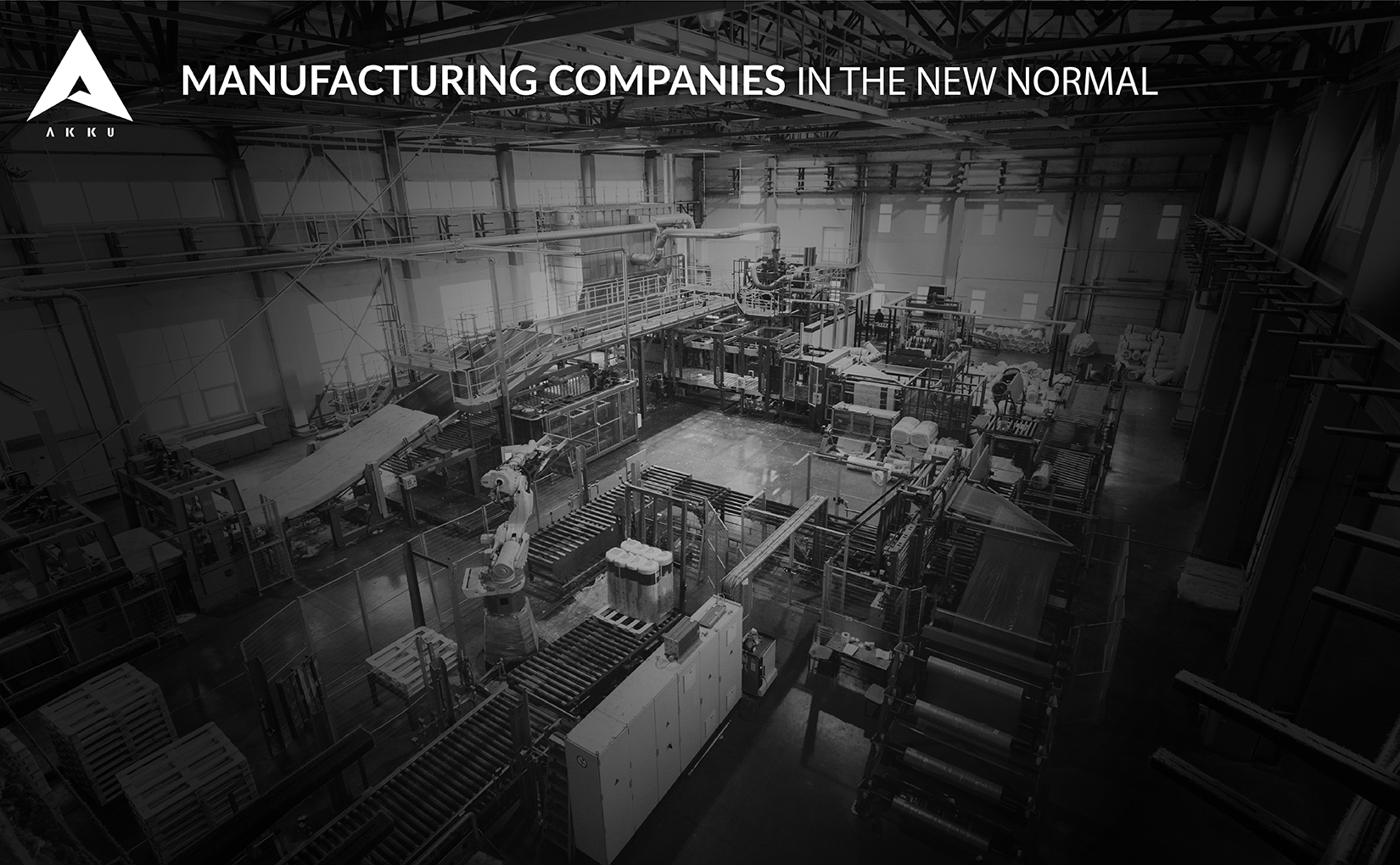The manufacturing industry took a big hit at the start of the pandemic-imposed lockdown, mainly due to two reasons. Firstly, most manufacturing units require workers to be on-site and remote working was not an option, unlike certain other sectors. This meant that manufacturing came to a complete stop, at least until they were allowed to reopen with several regulations in late April. Secondly, in many manufacturing sectors, the demand went down due to the slowing down of overall economic activity.
While times have continued to be challenging over the past months, here’s how manufacturing companies are changing their approach to cope with the new normal:
Adopting automation
Before the pandemic, most manufacturing companies relied heavily on manual activities and intervention at every step of the manufacturing and distribution process. Today, wherever possible, companies are minimizing manual intervention to enable social distancing and create safer workspaces for employees and workers.
Automation and other digital solutions that help workers collaborate better also improve the speed of manufacturing, making up for months of lost time, work, and revenue. What’s more, automation can also improve production efficiency by 3-5% and increase the global manufacturing output by 1.3 trillion USD.
Rethinking the supply chain
A smooth and seamless supply chain is crucial to the success of a manufacturing company as it prevents bottlenecks, prevents the accumulation of manufactured goods, and reaches customers/end-users without delay. All of this, unfortunately, were affected during the pandemic.
To tackle this issue, manufacturing companies are building more avenues through which their goods can reach their end-users. For example, companies like Frito-Lay, PepsiCo, and Kraft Heinz have introduced direct-to-consumer sites, to shorten or even eliminate the long supply chain.
Undertaking contract manufacturing
With import and export being severely affected and international transport still limited post the COVID-19 outbreak, how are manufacturing companies delivering their products across borders? Through increased collaborative efforts within the industry!
Many international/overseas manufacturers have taken to local contract manufacturing to make sure their customers continue to receive products from the brands they prefer. Contract manufacturing is also helping some manufacturers diversify their company’s product offerings during this time, without having to make expensive investments. Here is an example from the pharma manufacturing sector.
Addressing immediate needs
The manufacturing industry thrives on a fine balance between demand and supply. During the COVID-19 pandemic, while supply was temporarily affected by movement restrictions, demand underwent a paradigm shift.
People were no longer buying cars – they had nowhere to go. Instead, as healthcare facilities struggled to accommodate the growing number of COVID-19 cases, the demand for ventilators and PPE shot up! Automotive companies were quick to identify the need and shift gears to supply exactly what was in demand. That’s not all – even beauty brands began making hand sanitizers! In this way, several companies have stayed profitable by repurposing existing manufacturing facilities to produce products that are in high demand or experiencing shortages during this time.
Staying innovative
Necessity is the mother of invention, but innovation is what will keep manufacturing companies thrive in the new normal!
If you are in the manufacturing industry, we have just the right tools to help you streamline your operations, so you can keep innovating without worries! Talk to us about our Business Continuity & Operational Resilience (BCOR) solution today.

